|
|
PERSPECTIVES
within the SOCIO-ENVIRO-ECONOMIC SYSTEM
|
|
|
THE CHALLENGES OF OPTIMIZING FOR MULTIPLE PERSPECTIVES
|
|
.
|

|
There are many different truths from a single activity. It depends on your point of view:
- that of the individual person or household;
- the community;
- a place;
- a small local business;
- a large multi-community business;
- a product and all the steps in the life cycle of the product:
- its supply chain;
- production;
- use; and
- post use waste chain.
|
|
Every item or entity in the socio-enviro-economic system needs to be 'numbered' in a way that reflects the impact the entity has accumulated to data and will accumulate in the future.
|
|
BIG BUSINESS ... economically efficient
|
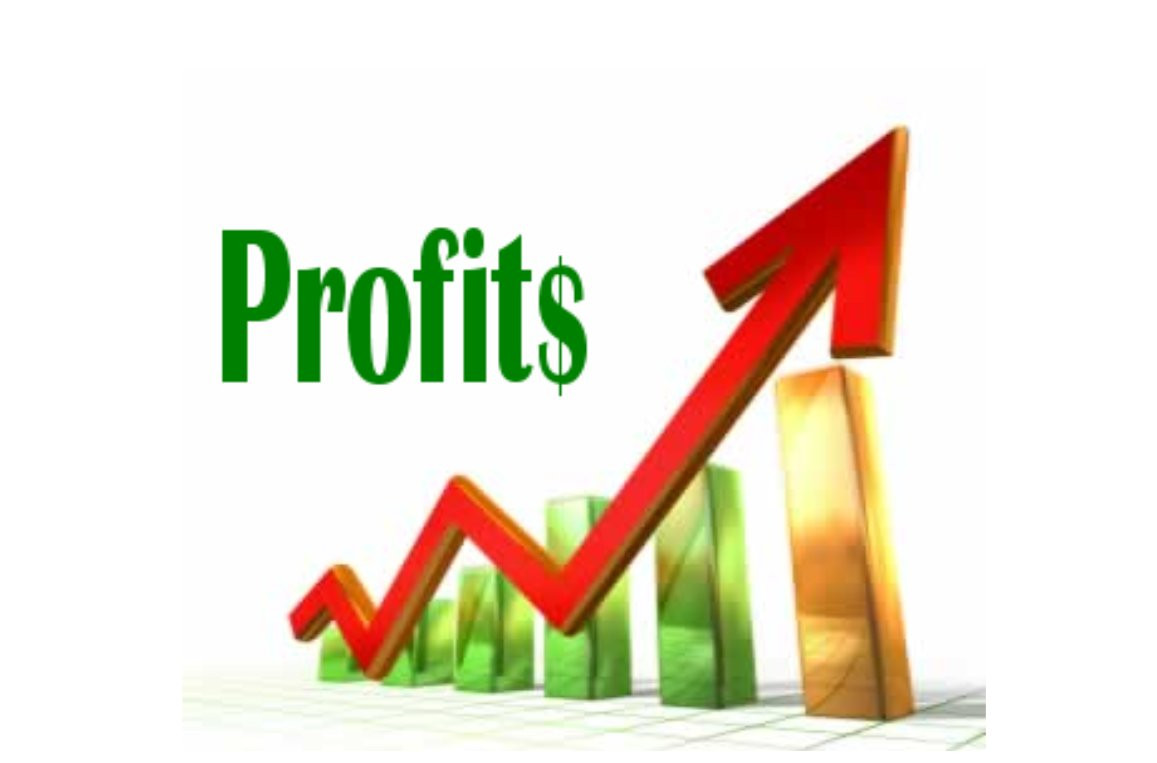
|
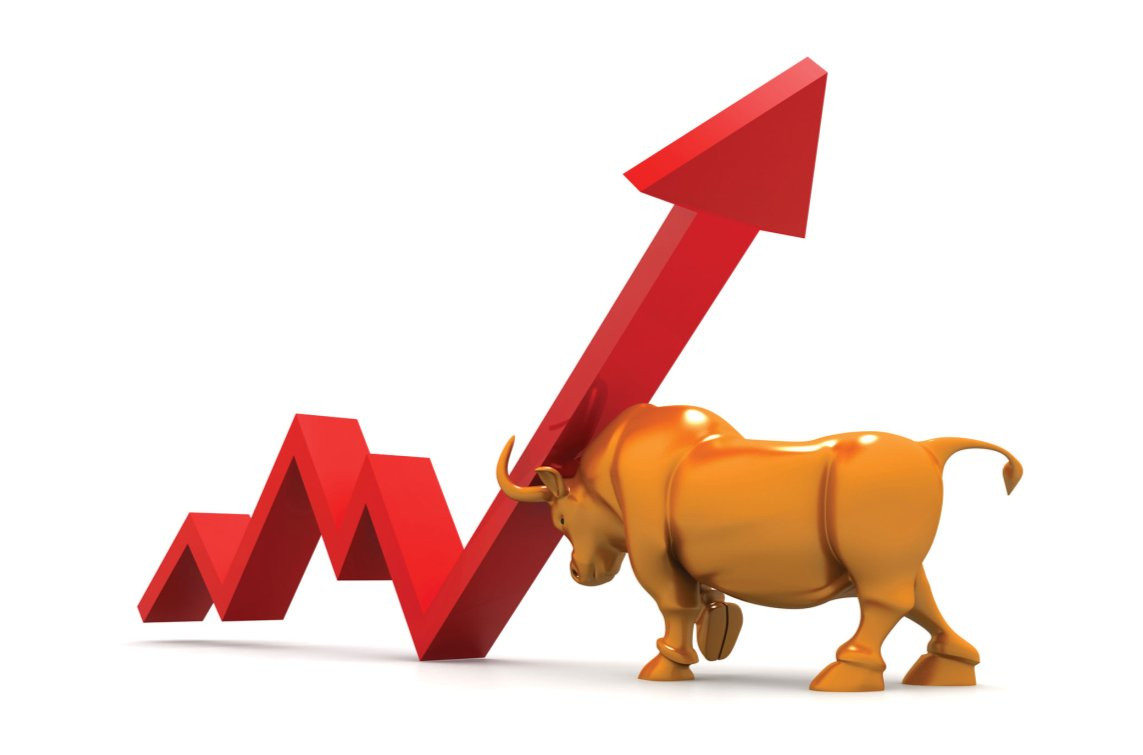
|
Profit
... Profit performance and value for stockholders has been the main big business objective for a long time. Optimizing for this one perspective has been very effective.

|
|
LOCAL BUSINESS ... socially valuable
|

|

|
More than profit
... Local business may be economically inefficient, but it has a valuable social function and helps a community socialize.
|
|
PEOPLE ... the only reason for economic activity
|

|

|
Men, women & children
... People must have some essentials to live, but quality of life is much more than this. Happiness is more than just wealth!
|
|
PLACE ... a good place to live
|
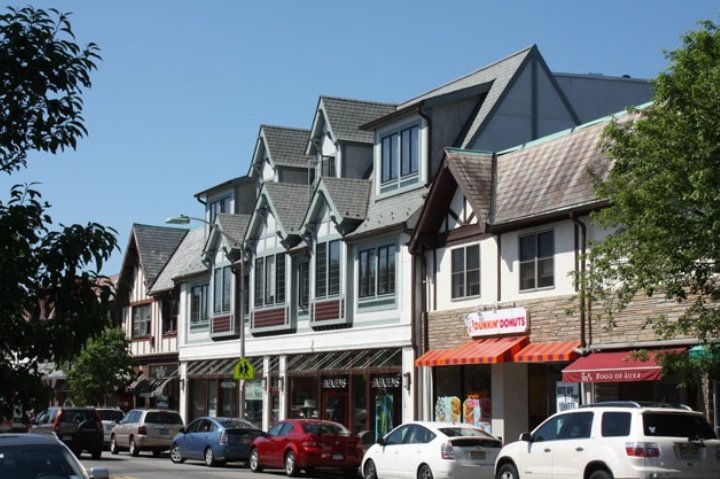
|

|
Where people live
... Local retail business may be economically inefficient, but it has a valuable social function and helps a community socialize. Life is better in a community setting.
|
|
PLACE ... where economic activity locates
|

|

|
Where people work
... economic value add in the place serves to support the social activities of the place and quality of life. Location of industry has always been about the characteristics of the place.
|
|
PRODUCTS
|

|

|
Quality of Life is determined to a considerable extent by consumption
... Local business may be economically inefficient, but it has a valuable social function and helps a community socialize.
|
|
CONSIDER ALL THE PERSPECTIVES
|
|
.
|
|
ACTIVITIES HAVE IMPACT ON ALL CAPITALS
|
SOCIAL CAPITAL

Quality of Life
|
NATURAL CAPITAL

Essential enabler
|
ECONOMIC CAPITAL

Wealth / GDP
|
In classical economics there was the idea of 'Factors of Production' ... that is Capital, Land and Labor, where capital was money. Though not part of modern economic conversation, these ideas need to be part of modern thinking and policy formulation. Well before the industrial revolution, Adam Smith wrote not only The Wealth of Nations (full title 'An Inquiry into the Nature and Causes of the Wealth of Nations (1776) but before that a less well-known book titled 'The Theory of Moral Sentiments (1759)' both of which inform not only the thinking that is embedded in economics but is the basis for TVM.
In TVM the idea of three 'Factors of Production' is reborn as three dimensions of capital; that is a Social dimension, an Environmental dimension and an Economic dimension. For TVM progress is positive when the aggregate of these three dimensions or capitals or state is positive ... something that has been rare in recent decades. Rather, the incentives have been for economic performance to be optimised at the expense of society and the environment with the owners of the economy consolidating wealth and power with everyone else losing out.
|
|
OTHER FACTORS ARE ALSO IMPORTANT
|
PLACE

Where people live
|
PROCESS

How things are made
|
PRODUCTS

What gets made
|
|
Some people are very fortunate, and others less so. The accident of birth should not be the main determinant of success and a happy productive life. There should be opportunity for everyone.
The characteristics of the place make a big difference to quality of life. The choices people make regarding the products purchased and consumed impact the person, the economy and the environment.
|
|
TECHNOLOGY IS CHANGING OUTCOMES
|
|
.
|
|
PASSENGER TRANSPORTATION
|
HORSE-POWER

|
STEAM-TRAINS

|
AUTOMOBILES

|
HI-SPEED TRAINS

|
AIR TRAVEL

|
|
Consumption is driving the modern economy. It looks like success as long as the depletion of natural resourcs and the degradation of the environment is ignored.There is strong correlation between better quality of life and more consumption in poor economies, but less so in mature rich econmies. Rich economies are increasingly associated with waste, luxury and inefficiency.
|
|
CARGO TRANSPORTATION / LOGISTICS / SUPPLY CHAIN
|
FREIGHT TRUCK
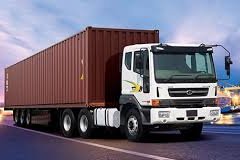
|
FREIGHT TRAIN

|
CONTAINER SHIP

|
AIR CARGO

|
PACKAGE EXPRESS

|
|
Consumption is driving the modern economy. It looks like success as long as the depletion of natural resourcs and the degradation of the environment is ignored.There is strong correlation between better quality of life and more consumption in poor economies, but less so in mature rich econmies. Rich economies are increasingly associated with waste, luxury and inefficiency.
|
|
BASIC NEEDS CONSUMPTION IS ESSENTIAL
|
FOOD

|
WATER

|
SHELTER

|
SECURITY

|
HEALTH

|
|
Consumption is driving the modern economy. ??????
|
|
MORE CONSUMPTION GIVES BETTER QUALITY OF LIFE
|
CONSUMPTION

|
PROCESSES

|
MATERIALS

|
ENERGY

|
PAYROLL

|
|
Consumption is driving the modern economy. ???????????
|
|
CONSUMPTION BY ULTRA RICH HAS BAD IMPACTS
|
CONSUMPTION

|
AIR TRAVEL

|
YACHTS

|
HUGE MANSIONS

|
TAX HAVENS

|
|
Consumption is driving the modern economy. ???????????
|
|
ACTIVITIES OF CORPORATE ORGANIZATIONS
|
|
ALL HAVE SUBSTANTIAL IMPACT ON SOCIETY AND THE ENVIRONMENT
|
DIGITAL TECH

Google
|
OIL & GAS

ExxonMobil
|
AERO ENGINES

Rolls Royce
|
BANKING

HSBC
|
ENGINEERING
 GE
GE
|
FOOD
 Unilever
Unilever
|
|
Most of the global economy comprises products that are produced by very big organizations that are complex with multiple factories in many different locations, and supply chains that span the globe. It is not easy to understand these companies in a way that makes it possible to hold them accountable for their behavior. Nevertheless, despite their complexity, they are able to communicate their profit performance to investors, but not their social impact nor their environmental impact, even where these are material. This has to change.
|
PROCESSES & FACTORIES
THESE HAVE IMPACT ON SOCIETY AND THE ENVIRONMENT?
|
MINING

|
LOGISTICS

|
ENERGY

|
ELECTRICITY

|
PRODUCTION
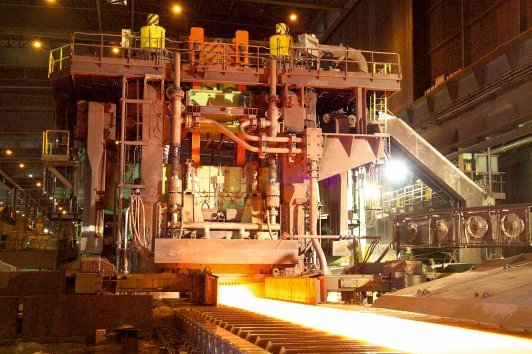
|
OIL REFINERY

|
|
Every sector, every industry, has become very specialized and over a long period of time has been optimized for profit performance. Profit performance has been exceptional for decades, but too little attention has been paid to social and environmental issues. This must change. Process improvements are essential and must focus in improving social impact and environmental impact as well as merely being more profitable.
|
|
SECTORS / INDUSTRIES
|
|
WHAT IS THE IMPACT ON SOCIETY AND THE ENVIRONMENT?
|
MINING

|
LOGISTICS

|
ENERGY

|
FOOD - Vegetables

|
HOUSING

|
HEALTH

|
AG-GRAIN

|
PRODUCTION

|
REFINERIES

|
FOOD - Meat

|
EDUCATION
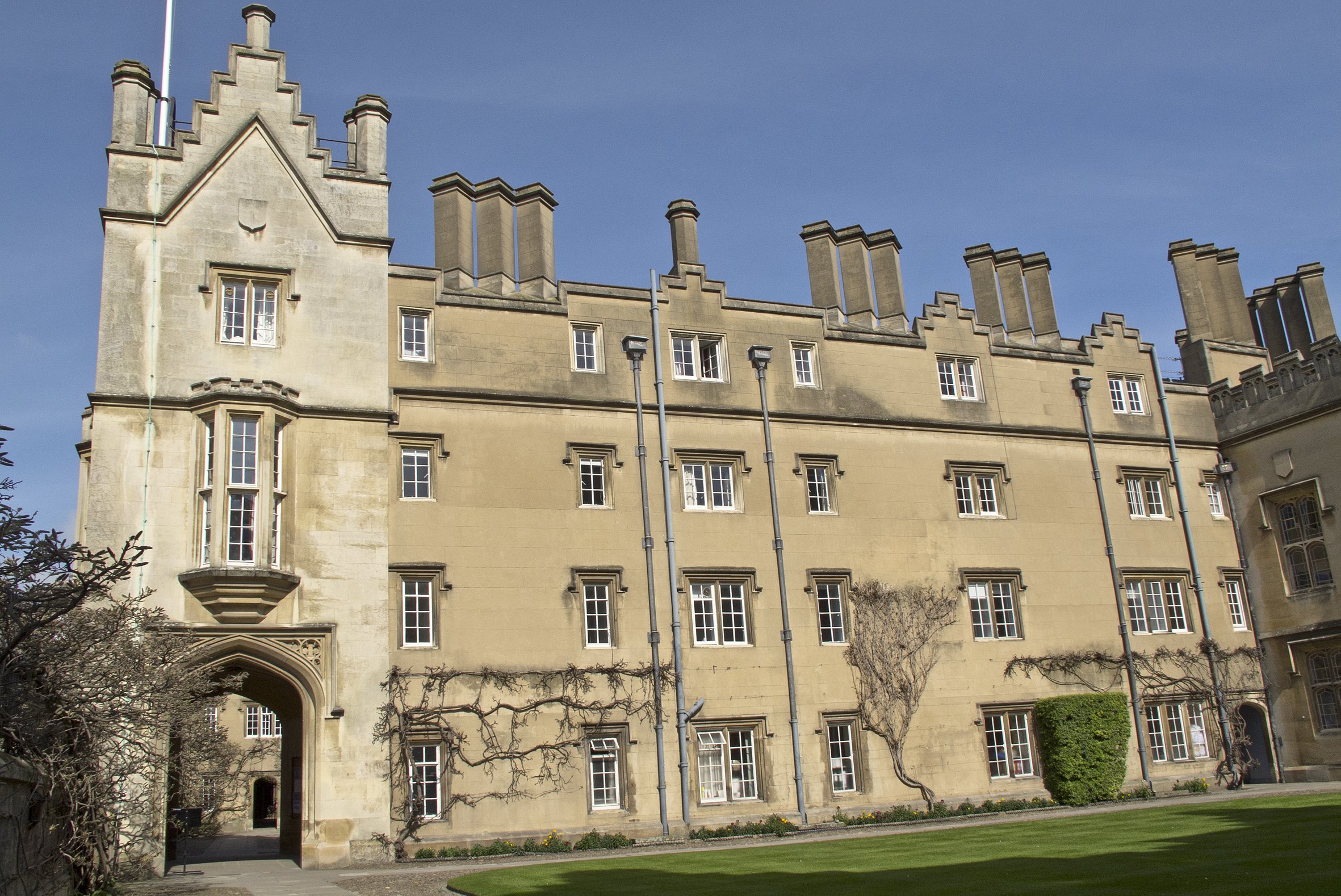
|
HEALTH
 |
AG-LIVESTOCK

|
RAIL

|
ELECTRICITY

|
CLOTHES

|
MOBILITY

|
HEALTHCARE
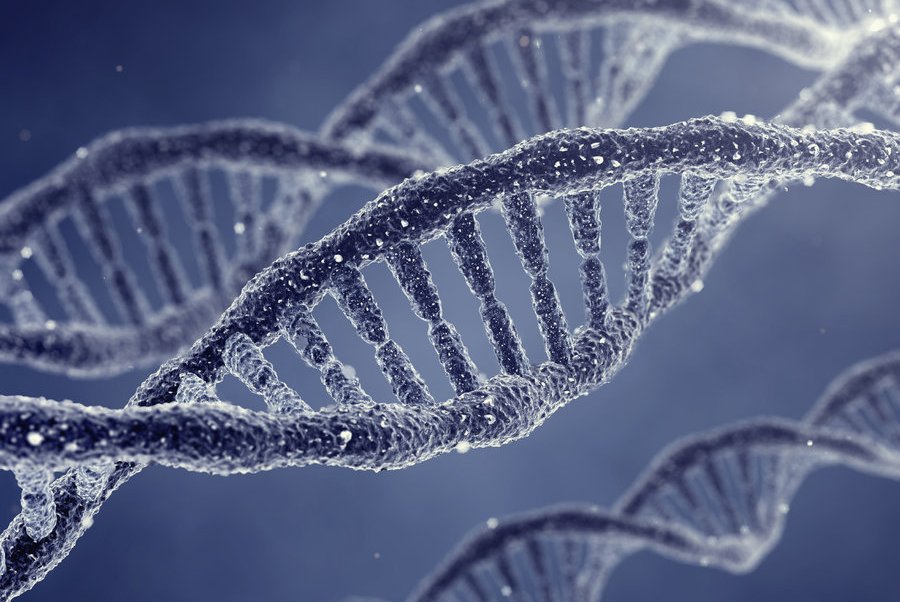
|
|
Every sector, every industry, has become very specialized and over a long period of time has been optimized for profit performance. Profit performance has been exceptional for decades, but too little attention has been paid to social and environmental issues. This must change. Process improvements are essential and must focus in improving social impact and environmental impact as well as merely being more profitable.
|
|
STREAMS / STRANDS / STRINGS
|
|
.
|
|
WHAT ARE ALL THE IMPACTS FOR THE LIFE CYCLE OF PRODUCTS?
|
NATURE

|
EXTRACTION

|
SUPPLY CHAIN

|
PRODUCTION

|
USE

|
WASTE

|
|
Everything that is used to support a high standard of living and quality of life has a long supply chain, then production and distribution, then use, and then a post use waste chain. For metrics to be meaningful, all of these stages must be brought into account.
|
|
PEOPLE ... THE ULTIMATE ACTORS
|
|
.
|
|
PEOPLE MAKE DECISIONS ABOUT THE CONSUMPTION OF PRODUCTS
|
Food - Vegetables

|
Food - Meat

|
Housing

|
Clothes

|
Mobility

|
Recreation

|
|
More consumption correlates to a better quality of life up to a certain level. Beyond that level more consumption may well have negative consequences, as for example too much food may result in obesity and diabetes or worse.
|
|
.
|
|
PEOPLE AS CONTRIBUTORS ... AS DECISION MAKERS
|
AS INDIVIDUALS

Live life ... work & family
|
IN ORGANIZATIONS

Do the work ... make decisions
|
AS INVESTORS

Allocate financial resources
|
|
EMPOWER THE INDIVIDUAL AND ENABLE BASIS FOR A BETTER LIFE
|

|
Every individual is different, both in what they are capable of doing and how they want to live their lives. People should have the freedom to succeed in all sorts of good ways, and should be helped so that they never fail. People need the facts about themselves and everything around them.
|
|
ESTABLISH ACCOUNTABILITY FOR PEOPLE WITHIN ORGANIZATIONS
|

|
Companies are important drivers of the economy. Within companies it is people that make the decisions, and for many decades the dominant metric for success has been profit without taking into consideration impact on society and nature. This must change. Profit performance on its own is not enough!
|
|
IMPROVE DECISION PROCESS FOR INVESTMENT DECISIONS
|

|
The allocation of capital shapes the future of the economy. People make the decisions about what investments should be made and have been guided mainly by the potential for growth of financial wealth without taking into consideration issues relating to society and the environment. These other issues matter.
|
PLACE
THE CRITICAL VALUE ADD FROM LOCATIONAL CAPITAL
|
|
.
|
|
CITIES / COMMUNITIES
|
Cities and Communities are where people live their lives
|
MAIN ST.

|
SCHOOLS

|
CHURCHES

|
POLICE

|
RECREATION

|
HOSPITALS

|
SUBURB
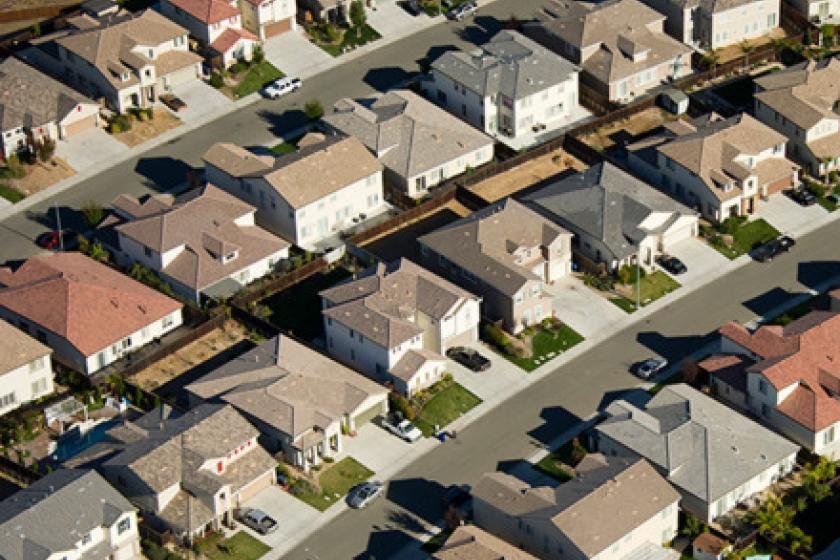
|
UNIVERSITIES

|
HOUSING

|
FIRE

|
RELAXATION

|
PERSONNEL

|
|
Everything is needed in the place to enable Quality of Life. Everything is interconnected. Nothing important can be missing ... multi-sector is essential
|
COUNTRIES
More than 200 countries ... with vastly different characteristics
|
|
.
|
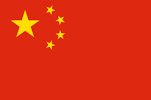 China
China
|
 France
France
|
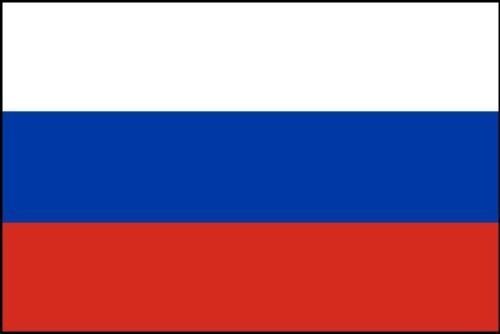 Russia
Russia
|
 UK
UK
|
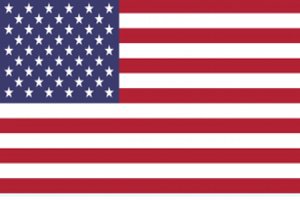 USA
USA
|
 India
India
|
 Brasil
Brasil
|
 RSA
RSA
|
 Pakistan
Pakistan
|
 Nigeria
Nigeria
|
|
Data at the country level is useful for broad comparisons, not so much for timely management of socio-enviro-economic performance.
|
PRODUCTS
PRODUCTS IMPACT PEOPLE AND ORGANIZATIONS AND NATURE
|
|
.
|
|
NEEDED FOR A DECENT QUALITY OF LIFE
|
Food - Vegetables

|
Food - Meat

|
Housing

|
Clothes

|
Mobility

|
Recreation

|
|
More consumption correlates to a better quality of life up to a certain level. Beyond that level more consumption may well have negative consequences, as for example too much food may result in obesity and diabetes or worse.
|
|
PRODUCTS START WITH NATURE AND HAVE A LONG LIFE CYCLE
|
NATURE

|
SEA

|
STEEL

|
EATING

|
WASTE

|
RECYCLING

|
NATURE

|
ROAD

|
REFINING

|
CONSUMING

|
LANDFILL

|
RECYCLING

|
EXTRACTION

|
RAIL

|
POLLUTION

|
DRIVING

|
FLOODS

|
NO WASTE

|
|
Products enable consumption that improves quality of life.
The production of products is a critical economic activity and source of profit for companies.
Production and products are only sustainable if they do not degrade the environment. Most modern industrial process are catastrophically unsustainable.
Smarter processes are needed together with smarter products, smarter consumers and systems to enable a circular economic model.
|
|

















































 GE
GE
 Unilever
Unilever






















































 China
China
 France
France
 Russia
Russia
 UK
UK
 USA
USA
 India
India
 Brasil
Brasil
 RSA
RSA
 Pakistan
Pakistan
 Nigeria
Nigeria























